Top 5 Richest Presidents in US History, #3 Will Surprise You
What would consider the most esteemed job in the world? For many, this would be holding the office of President of the United States of America. Although the job has…

This story originally appeared on Due
What would consider the most esteemed job in the world? For many, this would be holding the office of President of the United States of America.
Although the job has prestige, it doesn’t pay as much as you would assume. While in office, the U.S. president receives an annual salary of $400,000. They also have an expense account of $50,000. While not too shabby, that’s not as well as the very rich earn.
Nonetheless, the U.S. president is/was doing pretty well financially. I mean Abraham Lincoln is estimated to have had a net worth of $1.36 million in today’s money. And, that’s considered one of the poorest among presidents. Each one of their financial health was doing alright!
So, how did they accumulate their wealth?
Most politicians with fortunes beyond their salaries inherited them or made them through their own efforts. For instance, when Barak and Michelle Obama left the White Office, they were worth 30 times more than they entered thanks in part to book sales, speaking gigs, and a Netflix production deal.
So, yeah. Rich or poor, most presidents have been well-off financially. But, who are the richest presidents in U.S. history? Well, here are the top richest U.S. presidents. And, I think that #3 is going to be a surprise.
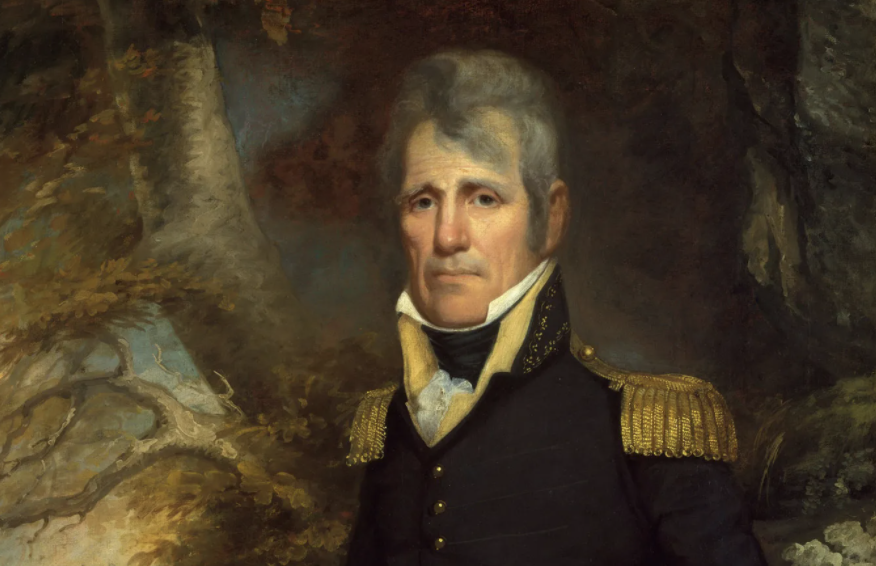
5. Andrew Jackson (Net Worth $132 million)
As a child, Andrew Jackson lived in poverty. He went on to be one of the most controversial and notable presidents in American history.
So, how did Jackson accumulate his wealth? Well, it wasn’t all self-made as married into wealth when he wed Rachel Donelson in 1794. However, he made even more money throughout his military career.
But, as a result of his personal acceptance of slavery, Jackson became one of the richest U.S. presidents in history. “Enslaved workers grew his cotton, built and tended his house, and helped him gain a social foothold in Southern society,” notes History.com. “Jackson owned as many as 161 enslaved people, buying and selling them, using their labor to build his fortune, and even bringing them to the White House to work for him.
The most controversial of his actions was his massacring of Native Americans and forcing them off their land. However, what is much less discussed is what happened to that land. Eventually, it became the cotton kingdom of the South as well as the center of the slave economy. Also, while serving as a public servant on a public salary, Jackson parceled out that land to the cotton barons of the next generation, making him a handsome profit along the way.
By the time he became the country’s 7th president from 1829 to 1837 “Old Hickory” built a mansion on his homestead, The Hermitage, which included 1,050 acres of pristine real estate.
When Jackson left office, Jackson was worth around. $132.6 million (adjusted for inflation).
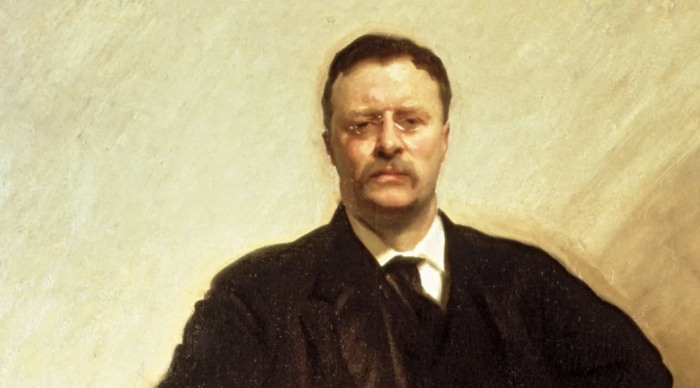
4. Theodore Roosevelt (Net Worth $140 million)
Having come from a distinguished and wealthy family, Roosevelt inherited a substantial amount of money. A New York Times article reported in 1878 that young Teddy Roosevelt, a Harvard student at the time, inherited $60,000 when his reformer father passed away. That’s more than $1.3 million today.
But Roosevelt, who served as the 26th president from 1901 to 1909, was not as interested in finance and business as his businessman father. He was a passionate politician and public servant, eventually being elected to the New York State Assembly at the age of 23. In the years following his father’s death, he lived off his inheritances until he eventually invested the majority of his fortune in Dakota Territory ranches.
After losing most of his money on his ranching venture, he became an author to support himself. But, while being a prolific public servant helped recoup some of his financial losses, he inherited much more. And, despite his previous failed real estate deals, the 235-acre estate that he built, Sagamore Hill, is now among the most valuable properties on Long Island. So, it looks like he learned from his previous financial mistakes.
It’s hard to determine his exact fortune. But he’s commonly listed among the five wealthiest U.S. presidents, with a current net worth of nine figures — approximately $140 million.
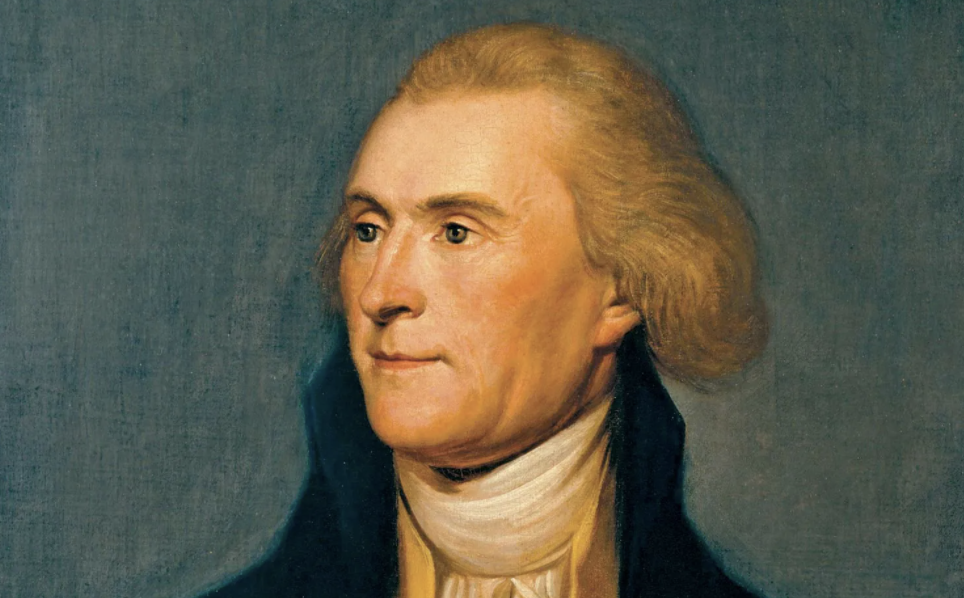
3. Thomas Jefferson (Net Worth $241.7 million)
Thomas Jefferson, America’s third president serving from 1801-to 1809, inherited a fortune of $212 million. He inherited 3,000 acres of land near present-day Charlottesville, Virginia, when he was just a teenager. During Jefferson’s time in Virginia, the property was expanded to 5,000 acres and he built his famous Monticello home — which was considered one of the architectural wonders of its time.
As a politician, Jefferson made substantial money before he became president — some say to the tune of over $241 million. However, he was deeply in debt towards the end of his life. In fact, some say that he was flat-out broke.
The reason?
Most of the most powerful land barons of that era owned large estates. But, they weren’t wealthy in cash. Rather, their wealth was measured in land and slaves. It was also not uncommon for Virginia’s planter class to assume enormous debts. However, Thomas Jefferson was running a shell game whose consequences would be passed down to his heirs.
The vast holdings of Jefferson included several plantations, hundreds of slaves, and his Monticello estate. He soon incurred more debt than his slave plantations could afford as a result of his massive land acquisitions, investments, and extravagant lifestyle. His family, buried in debt and obligations, was forced to sell off his home, land, slaves, animals, furniture, everything, and live off charity after he died.
Maybe if he had a life insurance plan he could have protected his beneficiaries from this financial burden?
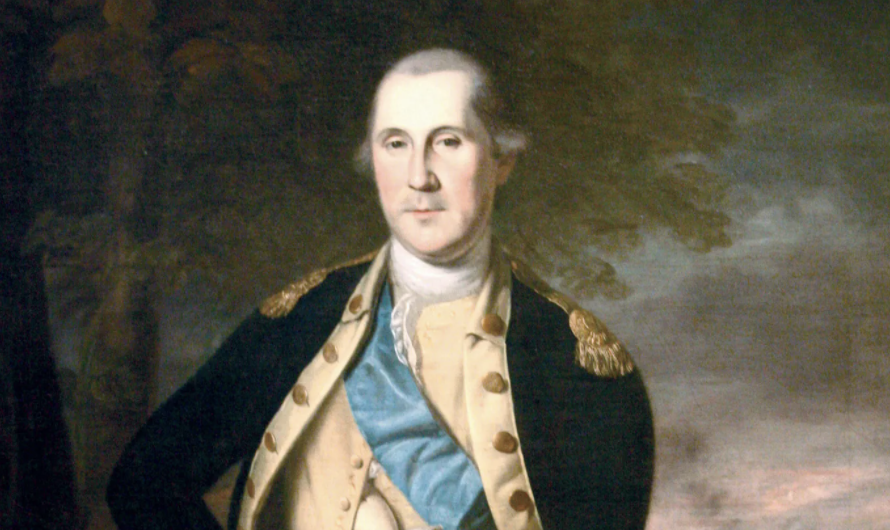
2. George Washington (Net Worth $587 million)
The father of the republic, who also couldn’t lie, earned income from survey fees, officer salaries, and investments. What’s more, from 1789 to 1797, his presidential salary accounted for 2% of the federal budget. That would come out to an outstanding $60 billion today, according to The Georgetowner.
However, Washington’s real wealth came from his inheritance. Again, this wasn’t actual money. Instead, it was the 8,000 acres of prime Virginia farmland he owned at Mount Vernon and the 300 slaves who worked it. It should also be noted that his wife Martha also inherited significant property from her father. Washington also owned land in the Ohio Valley, New York, and the District of Columbia.
When he died, the first president’s estate was valued at $525,000, the equivalent of $525 million today. However, some estimate this figure to be closer to $587 million.
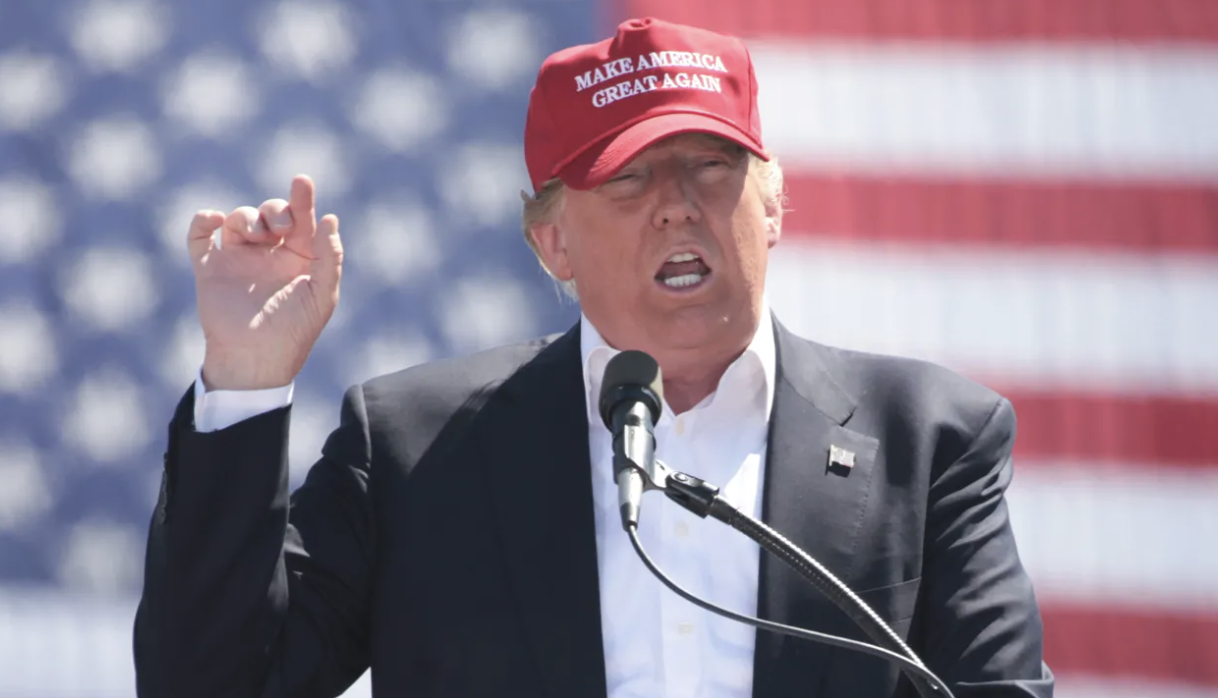
1. Donald Trump (Net Worth $2.9 billion)
When adjusted for inflation, Donald Trump is the richest person to ever serve as president — even at the lowest estimate.
Trump had a prominent real estate career in New York City before throwing his hat in the political ring. As with a majority of the richest presidents in U.S. history, Trump inherited his fortune.
Fred Trump, a real estate developer, bequeathed approximately $40 million to Donald Trump upon his death– which may have also involved some fraudulent tax-dodging. With his earnings, Trump created a business empire, including The Trump Organization, a real estate and hospitality firm. His global holdings include a dozen golf courses, as well as numerous hotels, skyscrapers, and wineries. However, he has also taken six business bankruptcies.
Having said that, determining his precise net worth is somewhat difficult. Media estimates vary widely, as does his FEC disclosure. When he was running for president, Bloomberg and Forbes estimated Trump’s net worth at $2.3 billion and $2.9 billion, respectively. Trump himself has claimed a net worth of $10 billion, a figure widely contested. So we put what others have verified.
Also, Donald Trump’s fortune is estimated by Forbes twice a year. In the years before the pandemic, Trump was worth a lot more than he would have been if he had invested his father’s money in the S&P 500. In the wake of the Covid event, however, Trump’s business declined, while the market rose, so Trump would have been richer if he had put it all into the S&P 500.
Regardless, 45’s net worth will likely increase after his presidency. And, despite the exact amount, he’s still a billionaire.
The post Top 5 Richest Presidents in US History, #3 Will Surprise You appeared first on Due.
What would consider the most esteemed job in the world? For many, this would be holding the office of President of the United States of America.
Although the job has prestige, it doesn’t pay as much as you would assume. While in office, the U.S. president receives an annual salary of $400,000. They also have an expense account of $50,000. While not too shabby, that’s not as well as the very rich earn.
Nonetheless, the U.S. president is/was doing pretty well financially. I mean Abraham Lincoln is estimated to have had a net worth of $1.36 million in today’s money. And, that’s considered one of the poorest among presidents. Each one of their financial health was doing alright!





